Volkswagen Millerized 1.5 TSI ACT BlueMotion gasoline engine offers diesel-like fuel economy; derivatives may be applied in hybrid systems
Green Car Congress
MARCH 19, 2018
Volkswagen has developed and deployed a gasoline engine that offers diesel-like fuel economy but is significantly cheaper to buy. TSI ACT BlueMotion delivers 96 kW / 130 PS with combined fuel consumption of 4.8 Compared with other gasoline engines, the intake valves of the 1.5 l/100 km (49 mpg US).


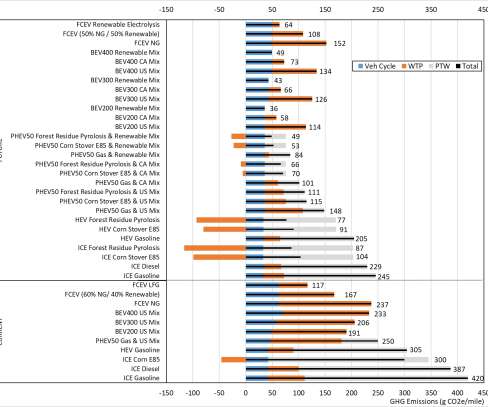






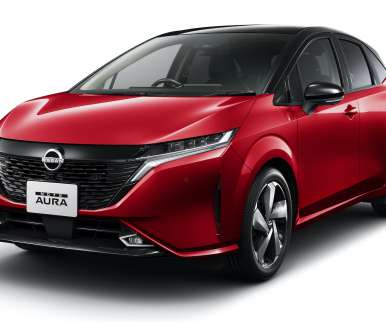















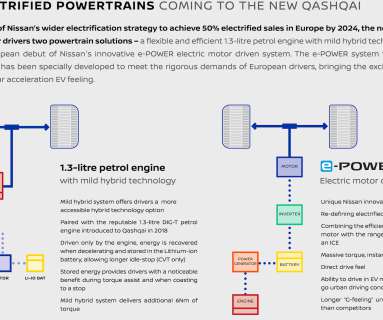


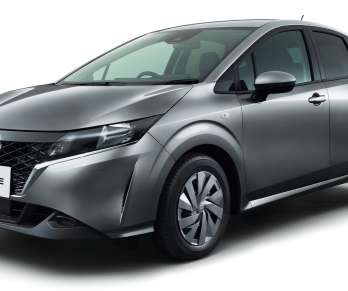

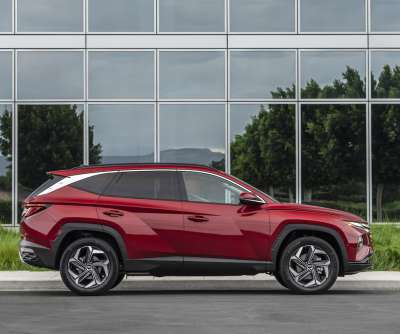







Let's personalize your content